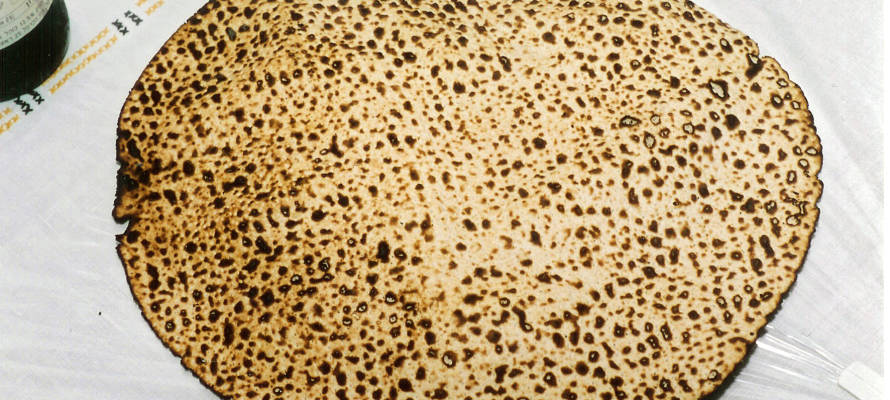Matzah can represent either slavery or redemption! Why the contradicting symbolism? Well, that depends on your attitude!
By: Rabbi Ari Enkin, United with Israel
Matzah is a very strange item.
On the one hand, it is called “the bread of affliction” that our forefathers ate in the land of Egypt.
They ate matzah because the Egyptians would not allow them to spend the time needed to properly bake bread. Matzah is quick and simple to make, hence, it was the food of slaves who were given not a second of free time.
According to this approach, matzah symbolizes slavery.
On the other hand, the main – and better known – reason we eat matzah is to recall that when the Jewish people left Egypt, they went so hurriedly that they had no time to let their dough rise. According to this approach, matzah represents redemption!
Why the contradiction?
The feeling of true freedom is not dependent on any specific material item. If a person cannot feel redeemed unless, for example, he drives a fancy car, then he is not truly liberated. Rather, he is a slave to his needs and desires.
In other words, freedom and slavery are both a frame of mind. It is not one’s environment that defines the situation, it’s the attitude.
It’s All in the Mind
Matzah, therefore, teaches us that freedom has nothing to do with external trappings. I can eat the same matzah as I did as a slave even when I am a free person. It’s all in the mind.
Not only is this concept relevant from the perspective of slavery vs. freedom, but it is also true for so many other emotions.
For instance, if a person chooses to be miserable, he or she will be miserable – guaranteed! So, too, if a person chooses to be happy, nothing can stand in the way!
Be sure to live with the lesson of matzah long after Passover is finished!

